North Korea Opens Wonsan Beach Resort as Kim Jong Un Eyes Tourism Growth
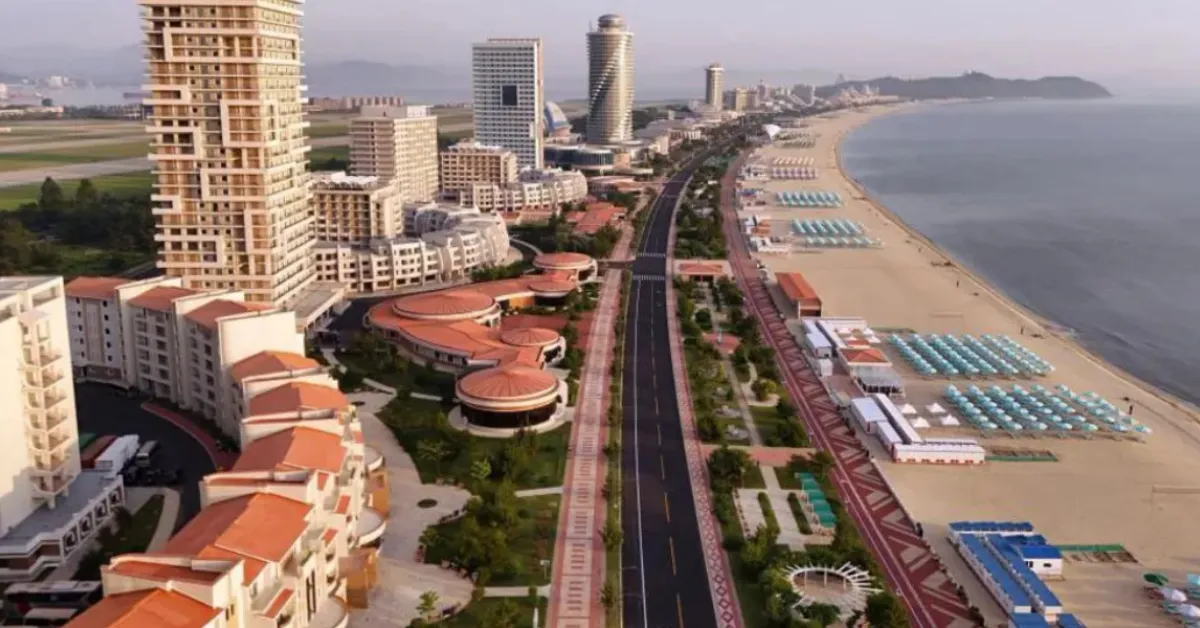
North Korea inaugurated its long-awaited Wonsan Kalma Coastal Tourist Zone on 24 June, with leader Kim Jong Un presiding over the ceremony.
The opening, primarily for domestic visitors from 1 July, signals the nation's ambition to cultivate tourism, albeit within tightly controlled parameters. This development occurs against a backdrop of stringent UN sanctions imposed due to North Korea's ongoing nuclear weapons programme. The resort, initially slated for completion in 2019, spans a 4-kilometre stretch of coastline in Wonsan, a city historically known for its military significance.
The area, previously a missile testing site, is now being presented as a leisure and cultural hub. The complex reportedly features housing, hotels, restaurants, and a water park, with the capacity to accommodate up to 20,000 guests. However, independent verification of these claims remains impossible due to North Korea's isolation and restrictions on foreign reporting. State media hails the resort as the "prelude to a new era" for tourism, purporting that it will elevate the country's appeal on a "world-level" scale.
Tourism represents one of the limited sectors through which North Korea can legally generate foreign currency. The industry operates under strict state control, offering visitors limited exposure beyond a curated façade. Analysts view the Wonsan resort as consistent with this approach, characterised by lavishness in scale but restricted access. Elliott Davies, director of Uri Tours, suggests the resort aims to attract a niche segment of travellers seeking unique experiences.
"It's intriguing to experience something as familiar as a beach resort that's been shaped within the unique cultural context of North Korea," he says, emphasising the inherent paradox of the country's tourism offer.
While the state has indicated eventual plans to welcome international guests, a specific timeline remains undefined. Currently, access seems restricted to domestic tourists and a select group of Russian visitors, highlighting the strengthening ties between Pyongyang and Moscow amid geopolitical tensions with the West. The presence of Russian ambassador Alexander Matsegora at the launch underscores the diplomatic importance of the resort's opening, coinciding with the reinstatement of a direct train route between the two capitals following a five-year suspension.
This collaboration occurs as North Korea provides personnel to assist Russia in its ongoing conflict in Ukraine. This deepening partnership may provide North Korea with some protection from international economic constraints, facilitating bilateral avenues for tourism, trade, and mutual support. However, scepticism persists within the travel industry regarding the resort's broader international appeal. Rowan Beard, co-founder of Young Pioneer Tours, expresses reservations, saying, "Key sites like Pyongyang, the DMZ, and other brutalist or communist landmarks will continue to be the main highlights for international visitors once broader tourism resumes."
He adds that while he had hoped the Wonsan development might signal a more comprehensive reopening, "unfortunately, that doesn't seem to be the case for now."
North Korea's borders remained effectively sealed from early 2020, as a response to the global Covid-19 pandemic. This closure exacerbated delays in critical projects like the Kalma resort, compounded by material shortages and international sanctions. Although the regime began easing some travel restrictions in mid-2023, foreign access remains sporadic.
In February, tourists from Western countries, including the UK, France, Germany, and Australia, briefly entered via China, only for access to be curtailed again weeks later without explanation. This pattern exemplifies the fragile nature of external engagement with North Korea, where policy shifts are abrupt, opaque, and often disconnected from conventional tourism considerations.
Nevertheless, Pyongyang has made incremental gestures towards reintroducing international tourism. In April, the nation hosted its first Pyongyang International Marathon since 2019, attracting around 200 foreign runners. These events hint at a controlled relaxation in its approach to global interaction, with the overarching goal remaining consistent: to manage perceptions, promote the cult of leadership, and generate economic benefits without relinquishing internal control.
Kim's decision to include his daughter, Kim Ju Ae, and his wife, Ri Sol Ju, at the resort's inauguration reinforces the ceremonial importance of the occasion. The First Lady's appearance marked her return to the public eye after a six-month absence, possibly indicating efforts to project dynastic continuity and internal cohesion amid mounting external pressures.

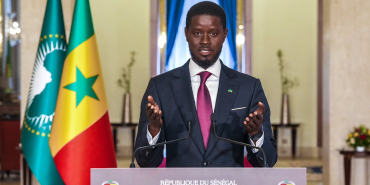
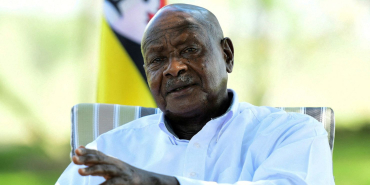

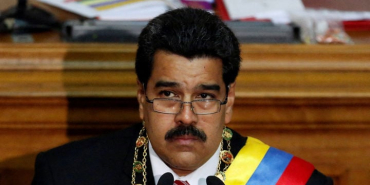
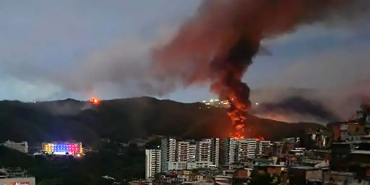



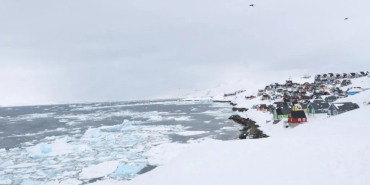
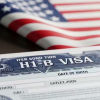
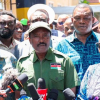


Add new comment